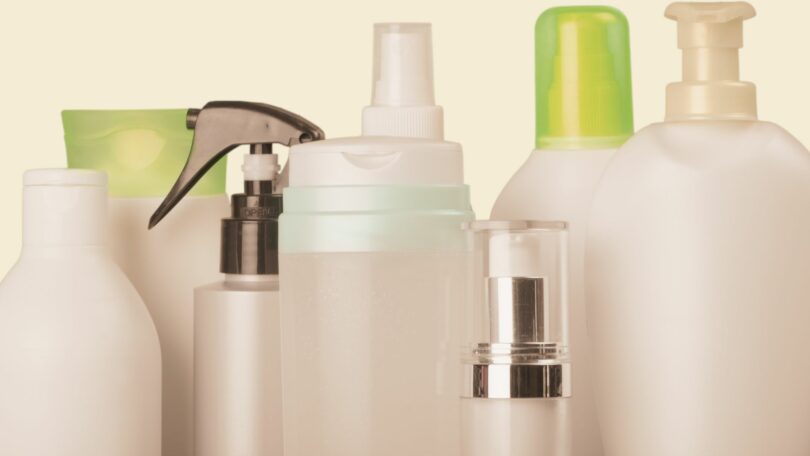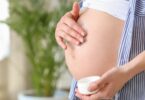Certain plasticizers have long been suspected of damaging health and fertility. A study published in January 2024 has raised new concerns.
Plastizers on the rise
The German North Rhine Westphalia State Agency for Nature, Environment and Consumer Protection (LANUV) regularly conducts studies on children’s exposure to harmful substances, and has found that exposure to plasticizers is on the rise. The findings of these studies can be accessed on the LANUV website under the section ‘Environment and Epidemiology’.
The Federal Environment Agency has raised concerns about recent results from a LANUV study in Germany, which found a hazardous plasticizer called ‘MnHexP’ (mono-n-hexyl phthalate) in two-thirds of urine samples taken from 250 children. In samples from 2017/18, only 26% of the analysed samples contained MnHexP. The proportion increased to 61% for samples collected in 2020/21. A major concern is that MnHexP, which has been strictly regulated and largely banned for years, continues to be detected with an unknown source.
Harmful to health and fertility
Phthalates, added to plastic products as plasticizers, can be released from them, causing exposure. Animal tests have shown that the plasticizer MnHexP has a harmful effect on the reproductive organs of male foetuses in the womb. However, this substance not only poses a danger to unborn babies but also increases the risk of diabetes, high blood pressure, and obesity in adults, as confirmed by further animal studies.
Experts describe these findings as a problem of major proportions and emphasize that this substance, a degradation product of the plasticizer di-n-hexyl phthalate (DnHexP), should not be present in the human body at all. The search for the source of this substance is a real detective story.
Banned for years
The use of DnHexP has been banned in the EU since 2013. It is no longer permitted in cosmetic products, food contact materials, and toys. Experts suspect that the plasticizer may have entered the EU through imported products or those manufactured before the ban. Although there is no evidence of larger processed quantities, this possibility cannot be ruled out.
According to preliminary investigations by the German Federal Environment Agency, there is a potential link between exposure to MnHexP and certain cosmetic products, particularly sunscreens. The exact origin of this pollutant is currently still the subject of intensive investigations. The German Federal Environment Agency is working closely with EU authorities to gain further insights.
Despite the current uncertainties, experts warn against avoiding sunscreen products in order to prevent the risk of increased skin cancer. However, you can reduce your use by preferring to stay in the shade and protecting your skin with suitable clothing.
How to protect fertility?
While researchers are busy searching for the source of this plasticiser, there are things you can do in your everyday life to protect your health and that of your children. Be aware that plasticisers are used in the manufacture of the vast majority of plastics. Almost all of them are not exactly beneficial to health. Therefore, use glass containers instead of plastic and buy unpackaged goods if possible. You will want to not heat food in plastic containers, because plasticisers are released particularly easily this way. Clean plastic products thoroughly before using them for the first time and favour natural products for cosmetics. Pregnant women in particular should take these measures to protect the health and fertility of their offspring.
Source:
https://www.lanuv.nrw.de/fileadmin/lanuv/gesundheit/pdf/2024/2024-01_Nachuntersuchung_DnHexP.pdf







